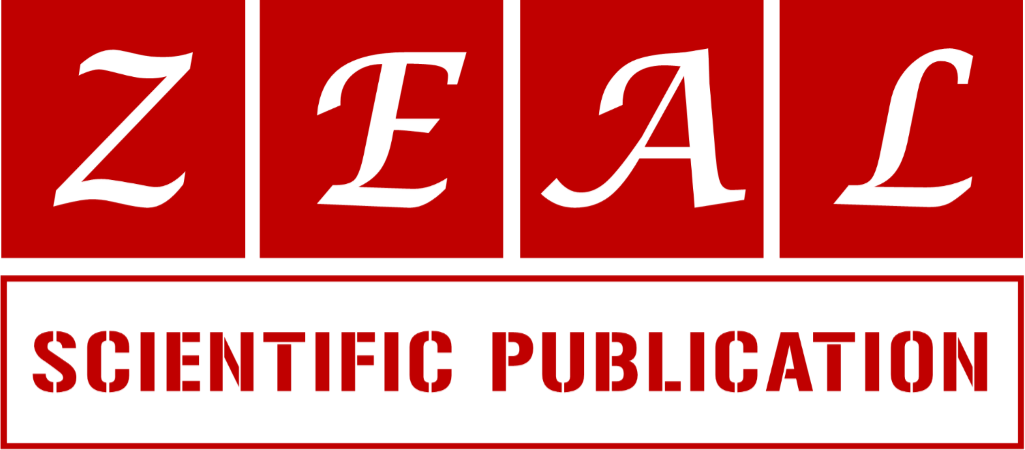Knowledge attitude and practice on eye care facilities in special education settings in Imo State, Nigeria
1 Department of Optometry, Imo State University, Owerri Nigeria.
2 Department of Pharmacology and Therapeutics, College of Medicine and Health Sciences, Bingham University, Jos Campus Nigeria.
3 Department of Optometry, Bingham University Teaching Hospital, Jos Nigeria.
4 Department of Microbiology and Parasitology, College of Medicine and Health Sciences, Bingham University, Jos Campus Nigeria.
5 Optometry Department, Federal University of Technology, Owerri Nigeria.
Research Article
World Journal of Advanced Pharmaceutical and Medical Research, 2022, 02(02), 001–007.
Article DOI: 10.53346/wjapmr.2022.2.2.0029
Publication history:
Received on 05 April 2022; revised on 09 June 2022; accepted on 11 June 2022
Abstract:
Children with special needs are at a higher risk of visual impairment as compared to normal population. Majority of the ocular disorders they suffer, like refractive errors and strabismus, are treatable. This study was aimed to assess the level of utilization of eye care services among children and teens with special needs in selected schools in Imo State, Nigeria. An interviewer-administered semi-structured questionnaire prepared was administered to children and adolescents with special needs, attending three special schools in Imo state, Nigeria. Findings from 185 respondents revealed that 43.2% never utilized eye care services, 13.5% had utilized same in the past. Socio-demographic factors identified as barriers to accessing eye care included parental misconceptions, stigmatization, poverty, ignorance, poor state healthcare facility, and physical inaccessibility. This study demonstrated that the rate of utilization of eye care services among the studied population is suboptimal. Children with special needs have little consideration in accessing proper eye care system. Early ophthalmic intervention by an eye care team at the point of enrolment into schools and establishment of ophthalmic units in special schools to provide periodic eye examination and proper management of ocular disorders are thus recommended.
Keywords:
Cultural beliefs; Lack of awareness; High cost of eye care; Stigmatization
Full text article in PDF:
Copyright information:
Copyright © 2022 Author(s) retain the copyright of this article. This article is published under the terms of the Creative Commons Attribution Liscense 4.0
